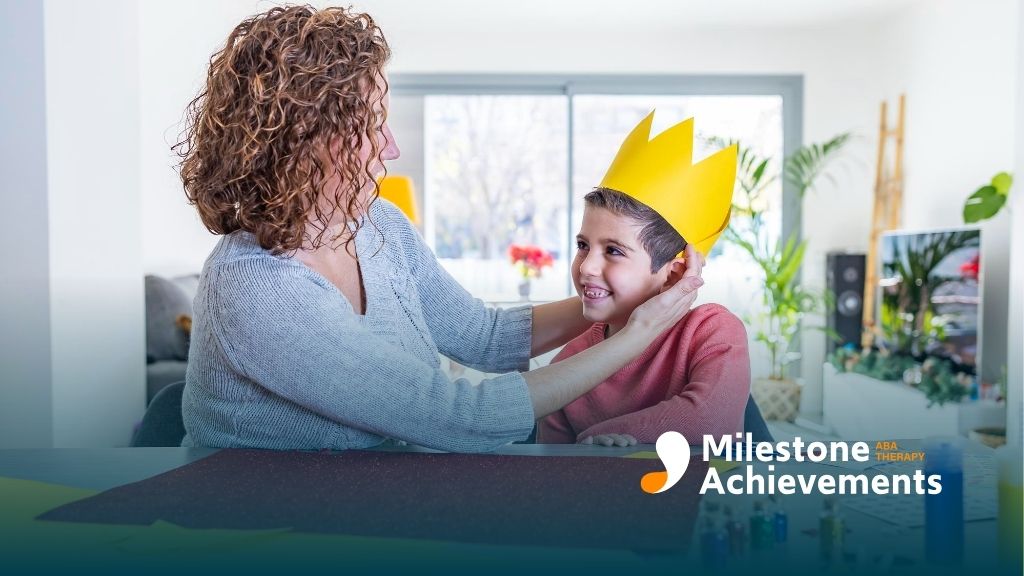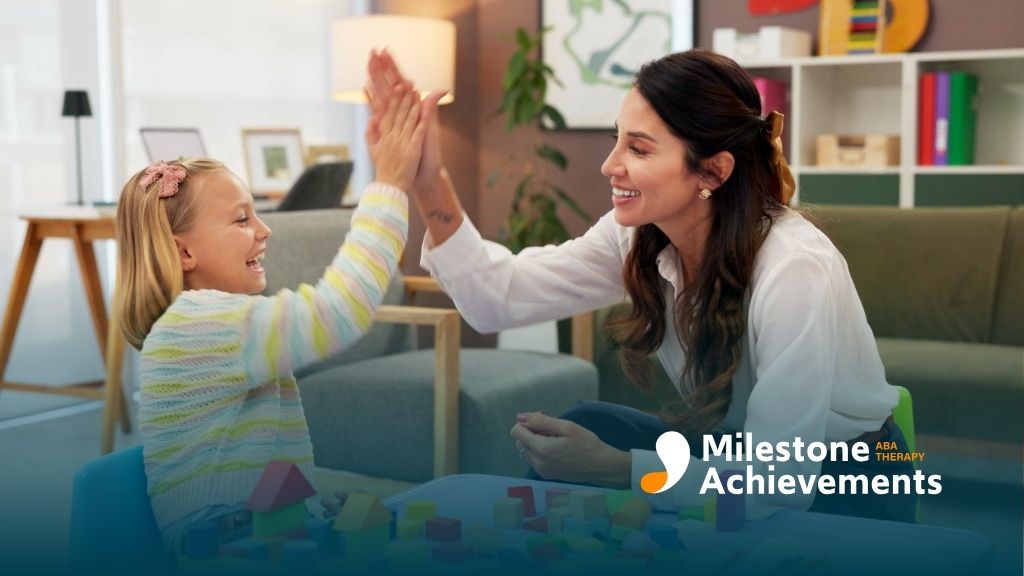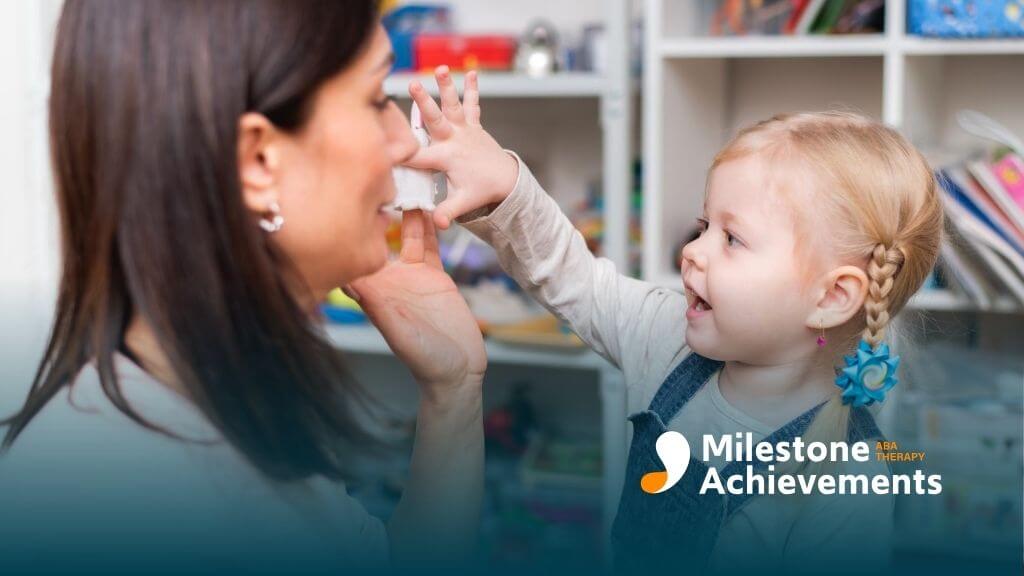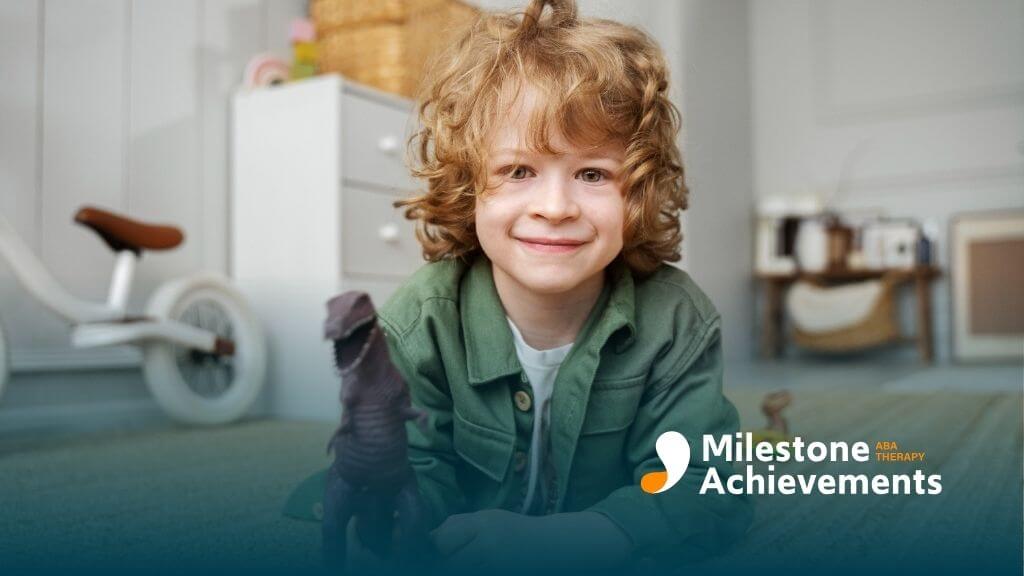
The Role of Individualized Programs in Addressing Behavioral Challenges
Enhancing Educational Outcomes Through Personalized Behavioral Support
Understanding the Impact of Individualized Programs on Student Success
Individualized Education Programs (IEPs) are vital tools in the educational landscape, especially for students facing emotional and behavioral challenges. These tailored plans serve as a comprehensive roadmap that guides educators, families, and specialists in creating a supportive environment aligned with each student's unique needs. By focusing on behavior management alongside academic goals, IEPs empower students to overcome barriers, develop positive behaviors, and achieve meaningful progress. This article delves into the essential components of individualized programs, their legal protections, strategies for effective implementation, and the profound benefits they offer to students with disabilities, emphasizing the importance of early, evidence-based, and collaborative approaches.
The Foundations of Individualized Education Programs

What are individualized education programs (IEPs), and how do they help manage behavioral challenges in students?
Individualized Education Programs (IEPs) are customized plans that address the unique learning and behavioral needs of students with disabilities. They serve as a roadmap for providing tailored support, including special education services, accommodations, and behavioral strategies.
For students facing behavioral challenges, IEPs are particularly important. They include specific behavioral goals, which are often crafted using the SMART criteria—making them clear, measurable, and achievable within a set timeframe. These goals might target increasing the student’s response time to prompts or reducing disruptive behaviors such as calling out in class.
To develop effective behavior support strategies, the IEP team conducts assessments like Functional Behavioral Assessments (FBAs). An FBA helps identify the reasons behind challenging behaviors by understanding what a child is trying to communicate through their actions. This insight allows the team to create Behavior Intervention Plans (BIPs) that focus on teaching and reinforcing positive behaviors.
BIPs include strategies such as positive reinforcement, environmental modifications, and targeted interventions, helping students replace disruptive behaviors with appropriate ones. Evidence-based practices like Positive Behavioral Interventions and Supports (PBIS) are often employed to promote a positive and productive classroom environment.
Legally, IEPs protect students’ rights under the Individuals with Disabilities Education Act (IDEA). They ensure that students receive a Free Appropriate Public Education (FAPE) that meets all their academic and behavioral needs. The collaborative process involves families, educators, and specialists working together to foster a supportive educational setting.
In summary, IEPs provide structured, personalized plans that incorporate behavioral goals and supports, enabling students with behavioral challenges to thrive academically and socially in school.
Assessment as a Cornerstone of Effective Support Plans

What strategies are effective for creating individualized support plans for students with behavioral issues?
Creating successful support plans for students facing behavioral challenges hinges on thorough assessment and careful strategy development. Central to this process is the use of functional behavioral assessments (FBAs), which serve as a foundation for understanding the purpose and triggers of specific behaviors.
A comprehensive FBA involves collecting data on the student’s behavior, circumstances, and environmental factors. This evaluation helps pinpoint what the student is communicating through their actions and the underlying causes of their behaviors. This detailed understanding guides the development of tailored interventions.
Once the FBA is complete, a Positive Behavior Support Plan (PBSP) or Behavior Intervention Plan (BIP) is crafted. These plans are person-centered, trauma-informed, and grounded in evidence-based practices. They integrate strategies such as:
- Prevention techniques to minimize triggers
- Replacement behaviors to teach alternative actions
- Reinforcement systems that encourage positive behaviors
- Escalation protocols for managing difficult situations
An effective support plan also involves a multidisciplinary team, including teachers, mental health professionals, family members, and the student when appropriate. Collaboratively, they analyze antecedents, set clear expectations, and establish routines that create predictable and safe environments.
Regular data collection and analysis play critical roles in monitoring the effectiveness of interventions. Ongoing assessment allows for timely adjustments, ensuring the plan remains responsive to the child’s changing needs.
Building strong relationships with students and involving them in the planning process fosters ownership, motivation, and adherence to behavioral goals. Additionally, following legal and procedural guidelines ensures that interventions are ethical and respectful.
Overall, combining detailed behavioral assessments with evidence-based, collaborative planning strategies results in support plans that are not only effective but also promote the student’s emotional and social well-being.
Legal Protections and Rights for Students with Behavioral Challenges

What are the legal rights associated with individualized programs for students with behavioral challenges?
Students with behavioral challenges are protected under various legal frameworks, notably the Individuals with Disabilities Education Act (IDEA). This law guarantees that children with disabilities, including those with behavioral issues, are entitled to a Free Appropriate Public Education (FAPE) tailored to their specific needs. This means schools must develop and implement an Individualized Education Program (IEP) that addresses behavioral concerns through personalized goals and supports.
Parents have the right to participate actively in the IEP development and review process. They can provide input, request assessments, and advocate for positive behavioral interventions. The law also emphasizes the importance of including evidence-based strategies and behavioral support plans, like Behavioral Intervention Plans (BIPs), to promote positive behaviors.
Furthermore, IDEA mandates that students are educated in the Least Restrictive Environment (LRE), which ensures they are integrated with their peers whenever possible, without compromising their access to necessary supports. Procedural safeguards are in place to protect parents and students from unjustified removal or disciplinary actions. These safeguards include opportunities for review, mediation, and dispute resolution, ensuring the student's educational rights are upheld.
By adhering to these protections, schools are required to implement individualized, effective programs that respect the dignity and rights of students with behavioral challenges, supporting their academic and social development.
Key Components of Behavioral Support in IEPs

What are behavioral goals in an IEP?
Behavioral goals are specific targets set to help children develop positive behaviors and reduce challenging ones. These goals are crafted using the SMART criteria, meaning they are Specific, Measurable, Attainable, Results-oriented, and Time-bound. For example, a goal might be to increase the prompt response time to teacher cues or to decrease disruptive calling-out behaviors during class. Clear, realistic goals enable educators and families to track progress and adjust interventions as needed.
How are behavioral assessments used?
Behavioral assessments serve as foundational tools in understanding why a child exhibits certain behaviors. One common method is the Functional Behavioral Assessment (FBA), which identifies the function or purpose behind challenging behaviors. Evaluations include observing the child's actions, interviewing teachers and parents, and reviewing social and emotional factors. The insights gained inform the development of effective intervention strategies tailored to the child's specific needs.
What is a Behavior Intervention Plan (BIP) and what does it include?
A Behavior Intervention Plan (BIP) is a formal document designed to teach and reinforce positive behaviors while reducing problematic ones. It details the challenging behaviors, their possible causes, and specific intervention strategies, often involving evidence-based practices like positive reinforcement or visual cues. The BIP specifies how and when interventions will be implemented, who is responsible, and what supports or accommodations—such as counseling, social skills groups, or sensory tools—will be provided. Regular monitoring and adjustments ensure the plan remains effective.
| Component | Description | Additional Details |
|---|---|---|
| Behavioral goals | Targets for behavioral improvement | Set with SMART criteria; measurable and achievable goals |
| Behavioral assessments | Tools to understand behavior functions | Includes Functional Behavioral Assessments (FBA) and observations |
| Behavior Intervention Plans (BIP) | Formal strategies to modify behavior | Incorporates evidence-based practices, supports, and monitoring methods |
| Supports and Services | Includes counseling, therapy, or social skills training | Tailored to individual needs for promoting positive development |
| Progress Monitoring | Tracks improvements over time | Uses data collection tools to adjust plans as necessary |
An effective behavioral support component within an IEP integrates these elements to create a comprehensive approach. It helps children communicate more effectively, develop social skills, and succeed academically and socially. Collaboration among educators, families, and specialists is essential to ensure these plans are successful and adaptable to each child’s evolving needs.
Supporting Behavioral and Educational Needs through IEPs
How do individualized educational plans support the behavioral and educational needs of students with disabilities?
Individualized Education Plans (IEPs) play a vital role in addressing the unique needs of students with disabilities. They are tailored to support both academic learning and behavioral development by setting personalized goals that guide instruction and support.
One of the main features of an IEP is the inclusion of specific, measurable goals—often created using the SMART framework (Specific, Measurable, Attainable, Results-oriented, and Time-bound). For example, a goal might aim to increase the child's response prompt time or reduce disruptive behaviors like calling out in class. These goals are designed to help students progress academically while also fostering positive behavior.
The development of an IEP involves assessing the child's strengths and challenges through evaluations, including functional behavioral assessments (FBA). FBAs help identify the reasons behind challenging behaviors, allowing the team to craft effective interventions and positive behavioral support plans, such as Behavior Intervention Plans (BIPs). BIPs focus on teaching and rewarding appropriate behaviors, reducing problematic ones, and ensuring the student’s needs are met.
Accommodations and modifications are also integral to the plan. These might include sensory supports, alternative formats for learning materials, or behavioral strategies that make classrooms more accessible. Additionally, the IEP can specify related services like counseling, occupational therapy, speech therapy, or medical services, which support the student holistically.
Choosing the right classroom environment is essential, and IEPs determine whether a student participates in regular classrooms with supports or in specialized settings. They also outline the adaptations necessary for assessments and daily activities.
Throughout the school year, the IEP team regularly reviews and updates the plan based on progress reports, ensuring that interventions remain effective. This ongoing process allows schools to respond to the child's evolving needs and provide consistent support.
By clearly defining goals, supports, and services, IEPs empower students with disabilities to succeed academically and behaviorally. With tailored strategies, collaborative planning, and consistent review, students are better equipped to participate fully in school life and reach their full potential.
Development and Implementation of Support Plans
How does the development process of individualized programs help address behavioral challenges?
Creating tailored support plans such as Behavioral Intervention Plans (BIPs) and Individualized Education Programs (IEPs) involves a collaborative and detailed process. It begins with comprehensive evaluations that include observations, standardized assessments, and input from parents, teachers, and specialists. This collaborative team gathers crucial information about the child's behavior, strengths, and challenges.
A vital part of this process is conducting a Functional Behavioral Assessment (FBA). This helps identify the reasons behind challenging behaviors by understanding what function the behavior serves for the student. Knowing whether behavior is used to seek attention, escape demands, or gain sensory input allows educators to develop more targeted interventions.
Based on assessment findings, the team designs specific, measurable, and achievable goals using the SMART framework—ensuring the objectives are focused, realistic, and time-bound. For example, goals might include reducing disruptive calling out or increasing prompt responses.
Support strategies are then personalized to the child's needs, environment, and routines. The Plan details how, when, and by whom interventions will be applied, emphasizing consistency and clarity. Regular progress monitoring helps the team evaluate whether strategies are effective and makes necessary adjustments.
Throughout this process, ongoing communication and collaboration among team members ensure everyone is aligned. Schools review and update plans at least annually, ensuring support remains relevant and effective. This thorough, evidence-based development process significantly improves the ability to address behavioral challenges, promoting positive behaviors and consistent support across various settings.
Who is involved in developing individualized behavior and education plans?
The development involves a multidisciplinary team, including teachers, school psychologists, speech and occupational therapists, families, and sometimes medical professionals. Their combined expertise ensures plans are comprehensive and tailored.
What are the benefits of this collaborative and detailed planning?
- Personalized strategies that directly address the child's unique needs.
- Increased consistency in behavior management across settings.
- Improved chances for positive behavioral change.
- Enhanced likelihood of success in academic and social areas.
Final notes
Careful and collaborative planning ensures that interventions are grounded in research and responsive to each child's specific circumstances, leading to more effective support and better educational outcomes.
Evidence-Based Practices and Early Intervention
Research-supported techniques play a vital role in effectively managing behavioral challenges in children with disabilities. These practices are based on scientific evidence demonstrating their effectiveness in promoting positive behavior and learning outcomes. Incorporating evidence-based strategies into the development of an IEP ensures that interventions are not only appropriate but also proven to work.
The importance of early support cannot be overstated. Implementing tailored interventions at a young age takes advantage of the brain’s heightened plasticity during early development. Early intervention, such as speech therapy, occupational therapy, or behavioral supports, can prevent the escalation of issues and foster essential skills like social interaction, emotional regulation, and academic readiness. These early efforts often lead to improved long-term success in school and beyond.
Strategies for implementation include conducting comprehensive functional behavioral assessments (FBA) to understand the causes behind disruptive behaviors. This information guides the creation of positive behavioral interventions and supports (PBIS) and behavior intervention plans (BIP). Additionally, using SMART goals in the IEP—making sure goals are Specific, Measurable, Achievable, Results-oriented, and Time-bound—helps monitor progress effectively.
Collaborating with families and community resources ensures that interventions are consistent and culturally responsive. Professional development for staff on evidence-based practices, along with ongoing monitoring and adjustments, supports successful integration of these strategies. In sum, early and research-backed intervention methods are essential tools for supporting children with behavioral challenges, helping them achieve their full potential and fostering inclusive and supportive educational environments.
The Legal and Policy Framework Governing Personalization
What is the significance of personalized support within special education laws and procedures?
Personalized support in special education is fundamental because it guarantees that students with disabilities receive education tailored to their specific needs. Under laws such as the Individuals with Disabilities Education Act (IDEA), schools are required to develop Individualized Education Programs (IEPs) that set individual goals and outline services best suited for the student. These plans ensure that each child's unique challenges are addressed adequately, fostering an inclusive and supportive learning environment.
Personalization promotes greater engagement, independence, and self-advocacy among students, which are crucial for their academic and social success. It involves collaborative efforts among educators, families, and specialists, and often incorporates assistive technology to enhance learning and participation. Regular review and adjustments to the IEP ensure that support remains relevant as the student's needs evolve.
By prioritizing individual student needs within a legal framework, these policies help create equitable educational opportunities. They align statutory requirements with evidence-based educational practices, striving to maximize positive outcomes for students with disabilities. Ultimately, personalized support is vital for enabling all students to reach their full potential in a fair and supportive educational setting.
How does the IDEA promote personalized educational experiences?
The IDEA mandates that all students with disabilities are provided with Free Appropriate Public Education (FAPE), which includes tailored services through the IEP process. It emphasizes the least restrictive environment (LRE), encouraging placement in general education classrooms whenever possible, with supports in place. This approach supports inclusion and personalization by integrating students into mainstream classrooms based on their abilities.
Additionally, IDEA requires systematic evaluation and ongoing review of each student's progress. This continuous process ensures that educational strategies and supports are personalized and effective, allowing modifications as needed. Family involvement and multidisciplinary team assessments form the backbone of this individualized approach, ensuring that the educational experience aligns with each child's evolving needs.
How are systematic evaluations and reviews designed to support personalized learning?
Regular evaluations, including assessments like functional behavioral assessments (FBA), are essential for understanding a child's unique behavioral and learning needs. These evaluations guide the development of specific goals and behavioral intervention plans, making the support truly personalized.
Annual review meetings serve as checkpoints to discuss progress, revisit goals, and adjust services accordingly. These reviews involve educators, families, and specialists, ensuring transparency and collaborative decision-making. Such systematic approaches help maintain an effective, flexible educational system that adapts to each student, fostering better engagement and academic growth.
| Aspect | Description | Importance |
|---|---|---|
| IDEA mandates | Provides legal basis for personalized supports | Ensures students' needs are legally prioritized |
| Least Restrictive Environment | Promotes inclusion in general classrooms | Supports integration and tailored learning experiences |
| Systematic evaluation | Continuous assessment and review of student progress | Keeps support relevant and effective |
This structured approach underpins a rights-based, student-centered framework that aims to improve educational outcomes through personalized support and policy adherence.
Harnessing the Power of Tailored Support for Student Success
In conclusion, individualized programs such as IEPs play a pivotal role in managing behavioral challenges and promoting inclusive, effective learning environments. By incorporating comprehensive assessments, evidence-based interventions, and collaborative decision-making, these plans safeguard students’ legal rights and address their unique needs. The early implementation of personalized strategies fosters positive behavioral development and academic achievement, leading to improved social-emotional well-being. Continued professional development, systematic review, and community involvement are critical to ensuring the sustained effectiveness of these programs. Ultimately, embracing the principles of personalized support within legal and educational frameworks provides a pathway to empower students with disabilities, enabling them to thrive both inside and outside the classroom.
References
- IEPs: How IEPs can help with behavior challenges - Understood.org
- Page 8: Individualized Services & Supports - IRIS Center
- Key Elements for Effective Individualized Program Supports ... - CT.gov
- Individualized Education Programs (IEPs) (for Parents) - Kids Health
- The IEP - Children's Mental Health and Emotional or Behavioral ...
- [PDF] A Guide to the Individualized Education Program
- Understanding Individualized Education Plans (IEP) - Coral Care


Partner with us on your child's journey
Milestone Achievements offers evidence-based ABA therapy to help children with autism reach their full potential. Together we’ll set meaningful goals and celebrate progress every step of the way.
Start ABA Services Today





